I want to say something
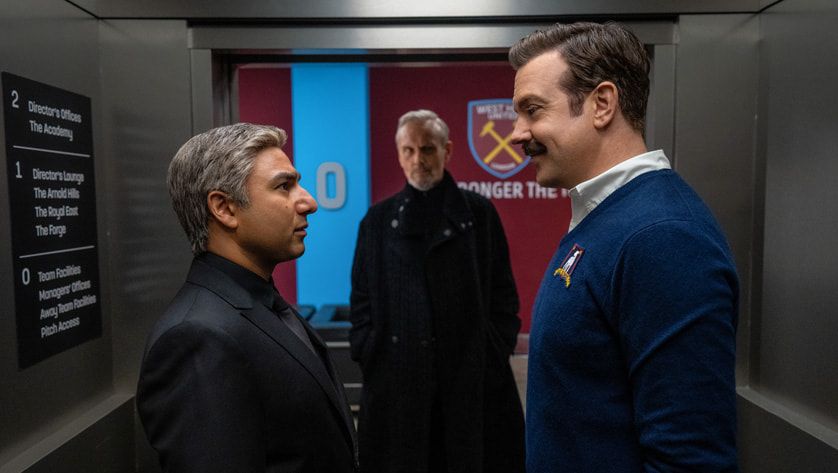
When I have a problem with one person I often catch myself speaking about them to someone else. Actually, speaking about people is so much part of the warp and woof of my conversation that I suspect most of the time I don't even notice I'm doing it.
Is there something I gain from this automatic behaviour?
And what might it cost me?
Welcome to episode 4.
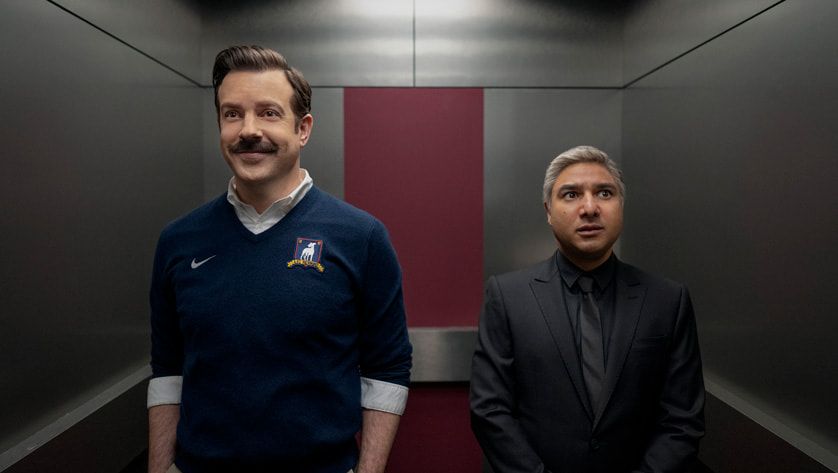
It’s grudge-match day. West Ham vs Richmond. Rupert vs Rebecca. Nate vs Ted.
At West Ham’s home ground Ted hops into a packed elevator chit-chatting with a lift full of strangers. The lift stops and they all rush out. Except for Ted. And Nate. He's standing in the back corner, facing away from Ted. Like a toddler playing hide and seek he’s hoping that if he doesn’t look at Ted then Ted won’t see him. But there’s only two of them in the lift.
Ted leans in with an ever-warm welcome. Nate stammers, then stops. Awkwardness is scrawled across both their faces.
But it’s clear Nate wants to say something about the way he's treated Ted. He tries to dredge up words. We lean in, hoping, holding our breath. Time slows like the lull just before a penalty kick is taken.
“Listen Ted… (pause)"
“I just want to say… (pause)"
“The way I left… (pause)"
*Ding*.
Suddenly the lift stops. And the doors slide open. A gilt-edged voice cuts in.
“Nathan! There you are.”
It’s Rupert. Rebecca’s ex. West Ham’s owner. Nate’s new boss.
With an unspoken apology half-hanging from his lips, Nate leaves the lift and walks away. The moment goes with him.
Throughout this episode Nate has plenty of chances to speak honestly with Ted. But like an out-of-form striker in front of goal he can’t find the back of the net.
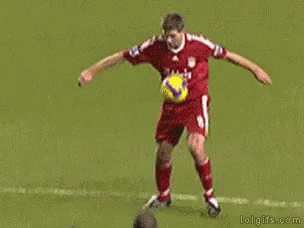
What's the problem here?
We might assume that the problem is something inside of Nate. He’s timid or self centred or weak. But, if we step back we can see that Nate's relationship to other people are also be affecting his behaviour.
So let's rewind a bit.
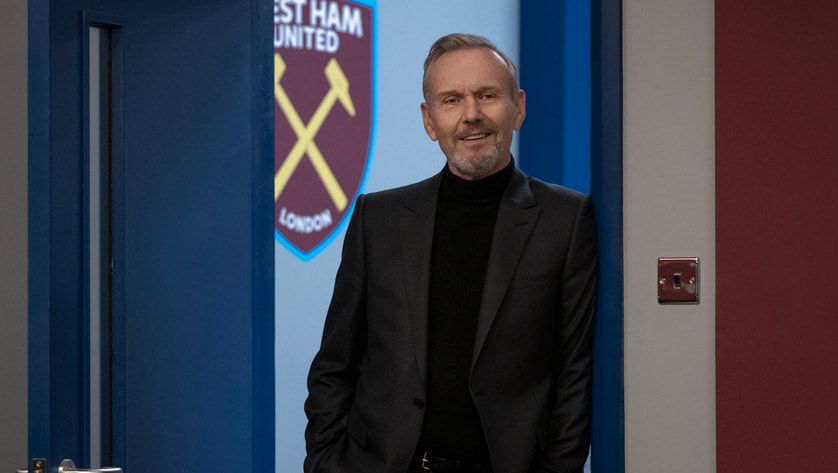
Earlier in this episode Nate is in his office reading an article on his phone. The newspaper headline reads: “Lasso vs The Wonder Kid”. Then Rupert steps in.
Rupert: “So you feeling confident about this weekend?”
Nate: “Yeah I think so. Um. No. Uh. Yeah. Um. We’re gonna destroy, uh, right? It’s just … I haven’t seen Ted since I left. And I didn’t leave on the best of terms. I feel like I owe him an apology or something.”
Rupert: “You did what was best for you. What are you meant to do? Hang around supporting Ted for the rest if your life? I don’t think so. You’ve done nothing wrong Nathan I promise you.”
Nate: “So what do I say when I see him?”
Rupert: “You say nothing - apart from hello. You look him in the eye. Shake his hand. And then you beat him.”
Nate: “Ok. Goodnight Rupert. Thank you.”
What do you get when you add Rupert to the problem between Nate and Ted?
A “triangle”.
- you feel angry at your boss but you don’t want to confront her so you complain to a co-worker instead
- you’re worried that your elderly mum can’t look after your elderly dad so you ask her to speak to him about moving into a nursing home
- two of your colleagues can’t get on so you keep jumping in to keep the peace
- your kids are fighting and your partner is upset and you come down extra hard on the kids because you’re reacting to your partner’s distress
By sharing our discomfort with someone else it helps us feel a bit better.
“This involvement of a third person decreases anxiety in the twosome by spreading it through three relationships.” Kerr & Bowen, Family Evaluation, p. 135

Think of it like this. Your relationship is like a bucket. It has a certain capacity to hold anxiety. When tensions increase in the relationship the bucket starts filling up. To a certain point this is fine. All relationships have to deal with some pressures and tensions. It's just part of life. But if the anxiety keeps increasing it will eventually spill over. One way of reacting to this is to find a third person. Then you can pour some of your anxiety into that relationship bucket. Now every one feels a bit calmer. And you’re less likely to make a mess.
But.
You haven't dealt with the real problem. You just shared it around so that, at least in the short term, things feels less intense.
There are triangles everywhere in Ted Lasso.
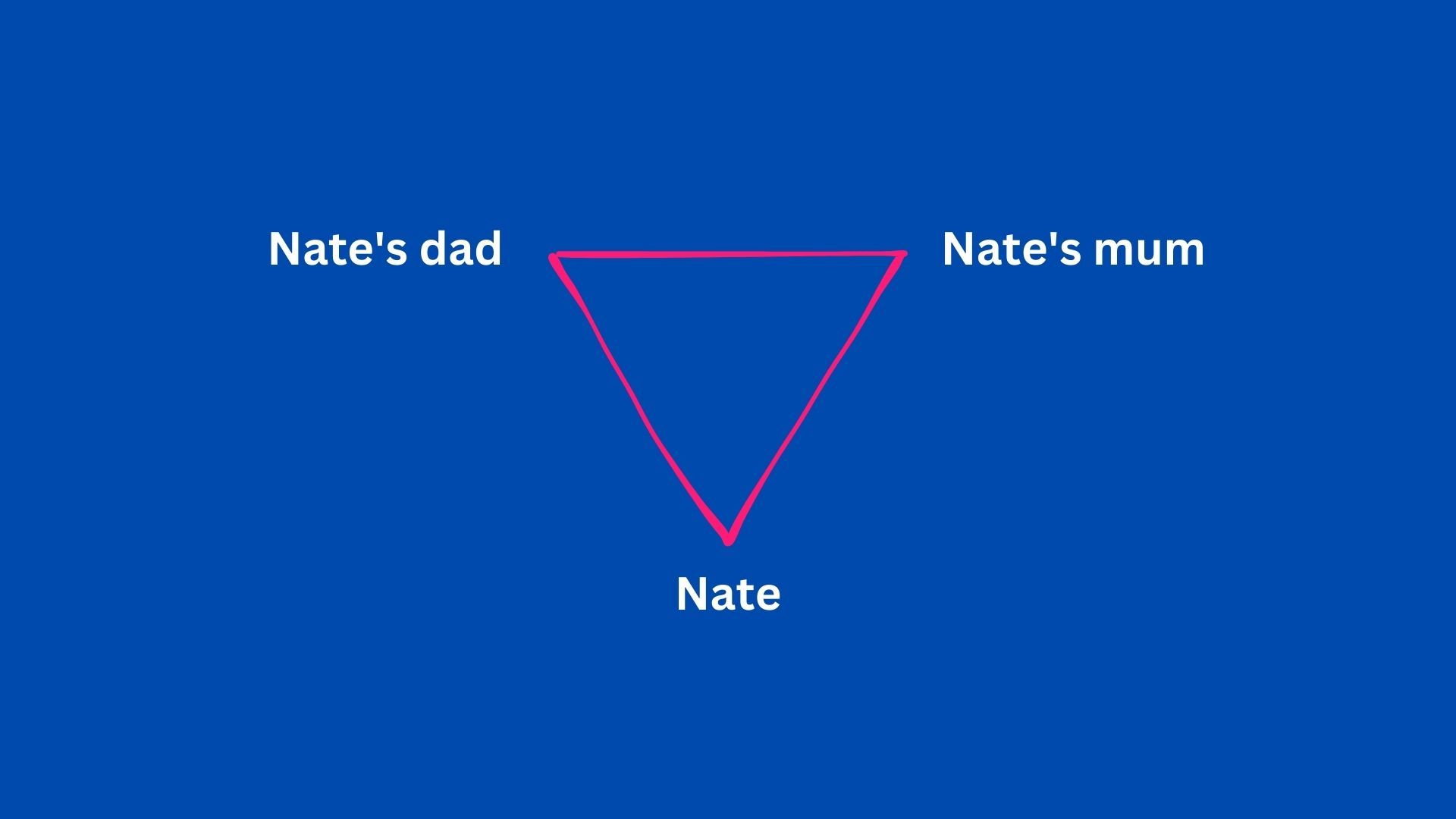
There's Nate's primary triangle with his dad and mum where he learns that he needs the approval of other people to prop himself up (*this triangle deserves a blog in its own right - we might come back to it another time to explore the way our families shape us).
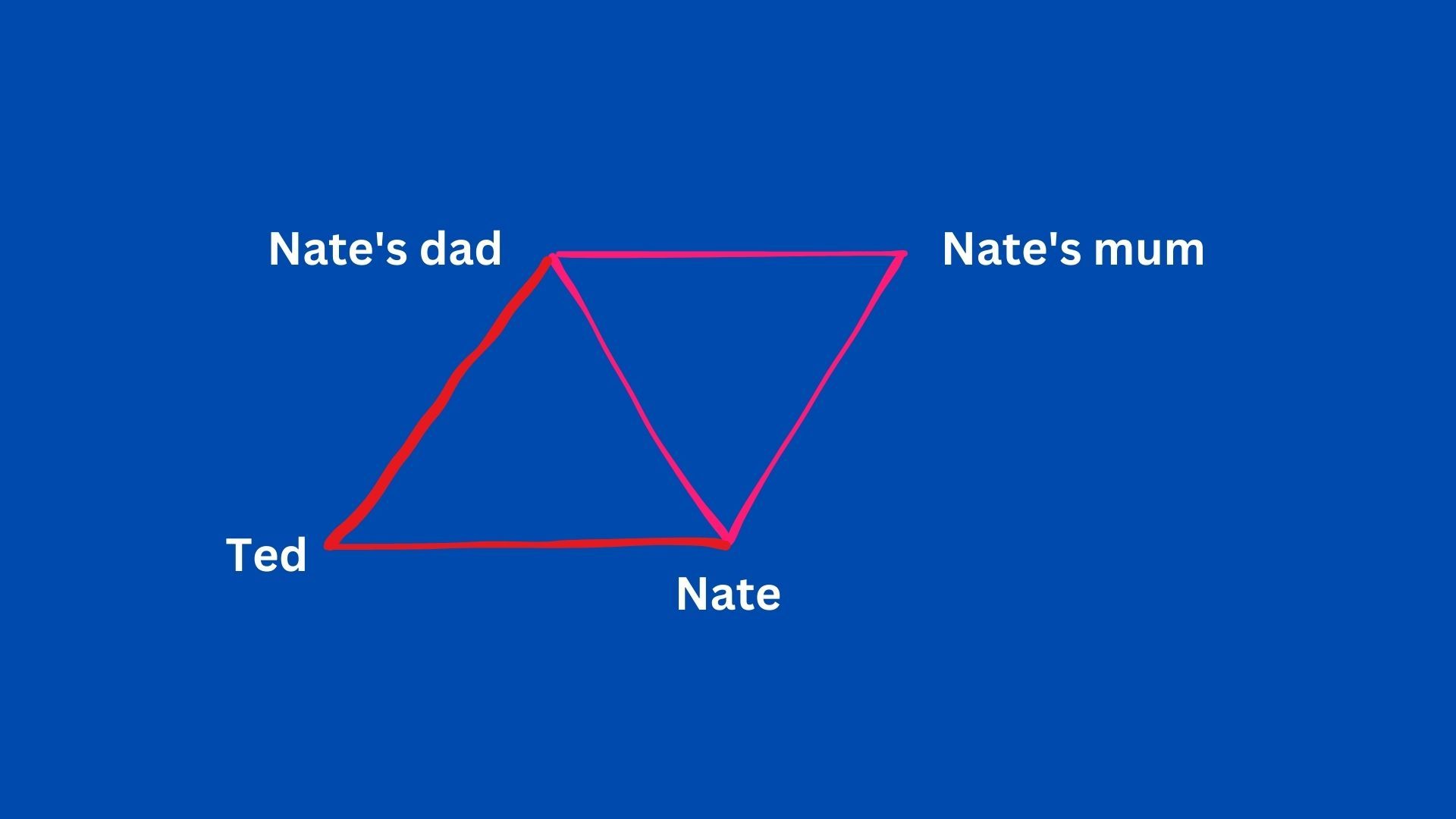
There's the triangle between Nate and his dad and Ted where Ted provides the approval that Nate's dad never did. For a while Ted is able to stabilise Nate and prop him up in his anxieties.
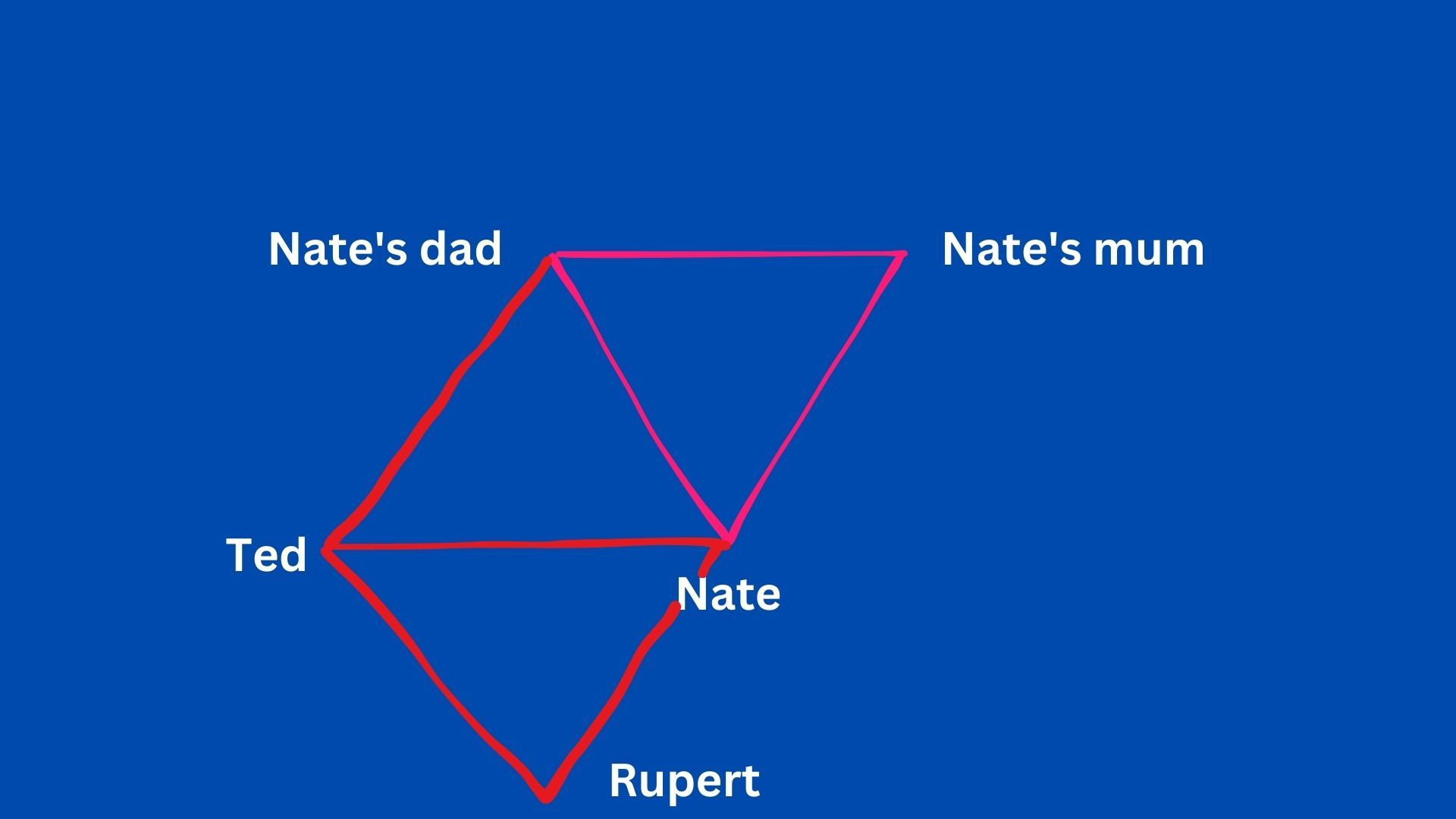
And there's the triangle between Nate and Ted and Rupert. During season 2 Nate began to feel undervalued. Ted was distracted with his own problems and so Nate felt he wasn't getting the approval he needed. The relationship wasn't no longer able to hold all Nate's anxiety and so it spilled over in resentment and rage.
But now Rupert has given Nate his dream job as West Ham's head coach. So when Nate feels anxious, he leans on Rupert. When Nate feels agitated about how he has treated Ted, he asks Rupert what to do.
"So what do I say when I see him?"
Rupert (whose behaviour is affected by his own triangle with Rebecca and Ted) happily obliges.
“You say nothing - apart from hello."
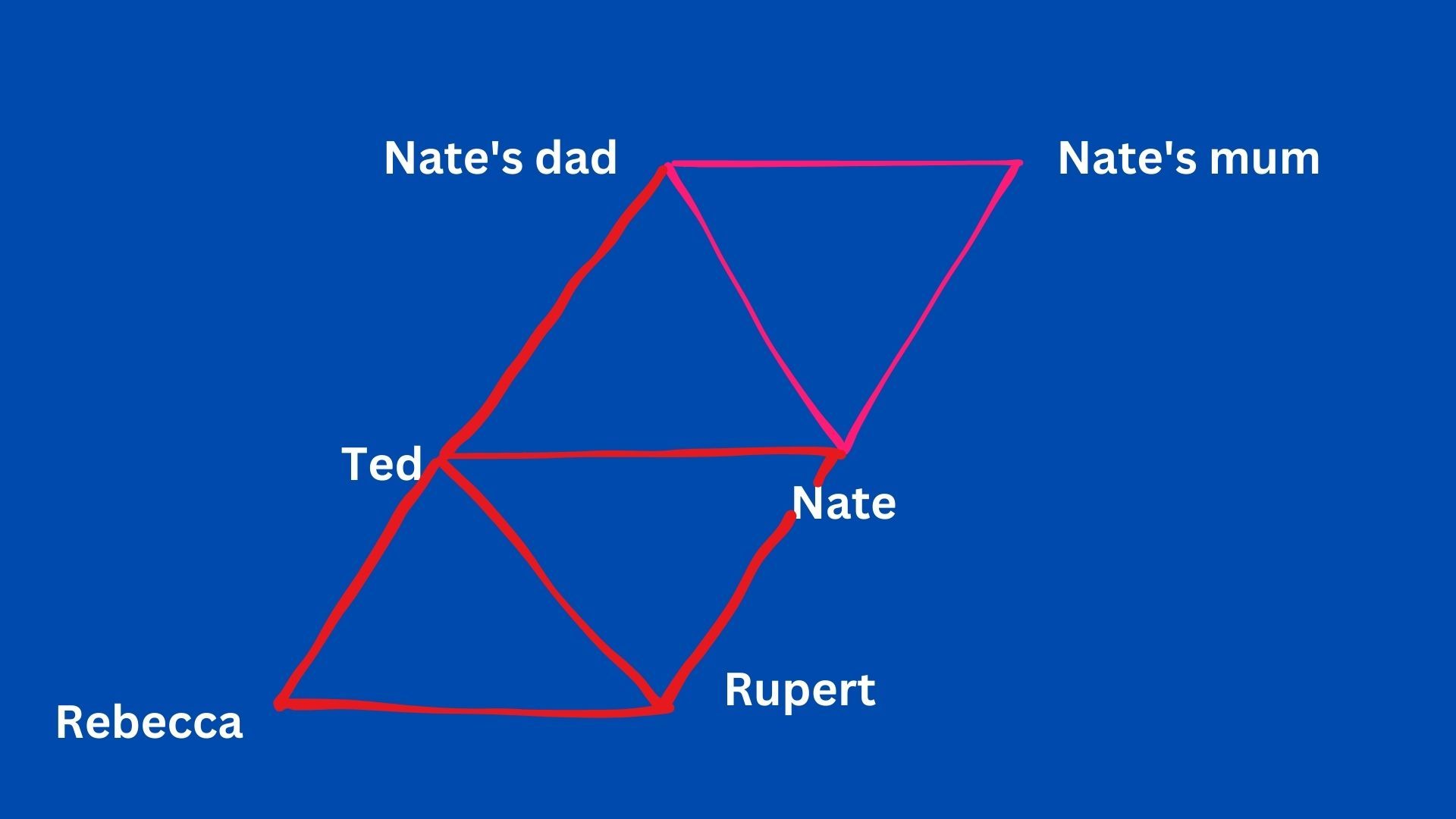
The key point to notice here is not whether Rupert gives good or bad advice. The key thing is that instead of thinking and acting for himself Nate outsources that to Rupert.
On this up side this helps Nate calm down.
On the downside it enables Nate to do what’s easy instead of doing what he thinks is important.
A thought:
Anxiety is like rocket fuel. It can be volatile. But it can also propel us.
Thoughtless words, wounded silence, false assumptions, painful distance, unspoken apologies and broken promises all feel awful. But these kinds of relationship problems create a tension which can empower us to have difficult conversations.
So what happens if we dampen down that anxious energy?
When we have a problem with one person but we speak to someone else, it's as if we siphon off the fuel before the rocket takes off. It calms us down. But it might also keep us from dealing with our problem relationship.
A thought: Sometimes humans just need calming down. It isn't necessarily wrong to speak to one person about someone else. But if triangles allow us to avoid dealing with problems in relationships then it's good to be aware of that. Then at least we can weigh up the costs and make a thoughtful decision rather than relying on other people to prop us up without us even noticing.
So when a relationship gets messy or tense and we're wanting to share our anxiety with someone else. Or when someone else is anxiously inviting us into their relationship problem. What options, other than triangles, do we have?
One quote, by systems thinker Steve Cuss, which I've found helpful is this:
“Keep the anxiety where it belongs.”
If I've got a problem with someone then keeping the anxiety where it belongs might mean talking to them instead of talking about them to somebody else.
At the end of episode 4 Ted has a chance to keep the anxiety where it belongs and initiate his own difficult conversation.
He is separated from his wife Michelle who lives in the USA with their son Henry. And when Ted calls to speak to Henry someone unexpected answers the phone.
Jacob: “This is Jacob Bryanson.”
Ted: “Dr. Jacob?”
Jacob: "Yeah. Um... Ted, you can just call me Jake."
Ted: "Dr. Jacob…?"
Dr Jacob had been Ted and Michelle’s marriage therapist. And now he’s dating Ted’s wife. What will Ted do?
He could:
- Ask Henry what’s going on with Michelle and Dr Jacob
- Give Dr Jacob a piece of his mind
- Talk about Michelle to Beard or Rebecca
- Avoid the awkward subject completely and pretend everything is fine
Instead, some time later, he calls Michelle.
Michelle: "Hi, Ted… Henry's not here right now. He's at a birthday party, but I'll..."
Ted; "No, that's okay. I... I was actually hoping just to chat with you. You... You... You got a minute?"
Michelle: "Sure. Is everything okay?"
Ted: "Yeah, yeah, yeah. Uh... Well, uh... No. You know, I... I just, um... I wanted to say something real quick. Um..."
Once against we hold our breaths before the penalty is taken.
Ted: "Look, I, uh... I know that you and I aren't, you know, together anymore. And... And I respect that. Okay? I... I do. But, um... Well, uh, you know, this whole thing with you and Dr. Jacob really ticks me off. And I'm upset that we didn't ever really get to talk about it before it all started. Yeah. A-And l-look, I understand that m-me saying all this, uh, might be the wrong thing to do, but... I just feel like not saying it... i-i-isn't the, um... Well, wouldn't be the right thing either. 'Cause we gotta raise this little boy together, you know? We're stuck with each other. We're gonna share grandkids. (Ted chuckles) I love you, Michelle. And I love Henry. And I love our family. No matter what it looks like. Okay?"
Keeping anxiety where it belongs isn’t easy.
But that’s how you put the ball in the back of the net.
So…
What has this got you thinking about?
What do you do with the tension you feel when:
- Your friend isn’t replying to your messages
- Your team member isn’t holding up their end
- Your mum keeps interfering in your life
- Your partner is upset with your kids
I caught myself between 3-5 times today when I was just about to talk to my wife about someone else. I wasn't planning to gossip (I don't think). I was going to comment that it was a long time since I'd heard from him. That is, I was going to invite Clare to take my side, pouring some of the anxiety I was feeling into her bucket. That would have made me feel so much better I would probably not even think to follow up with my friend.
- Who do you often talk about (instead of talking to them)?
- Who do you tend to lean on to prop you up and help you cope with tension in other important relationships?
- When have you got caught up in a problem between two other people? What might it have looked like for you to leave the anxiety where it belonged?
